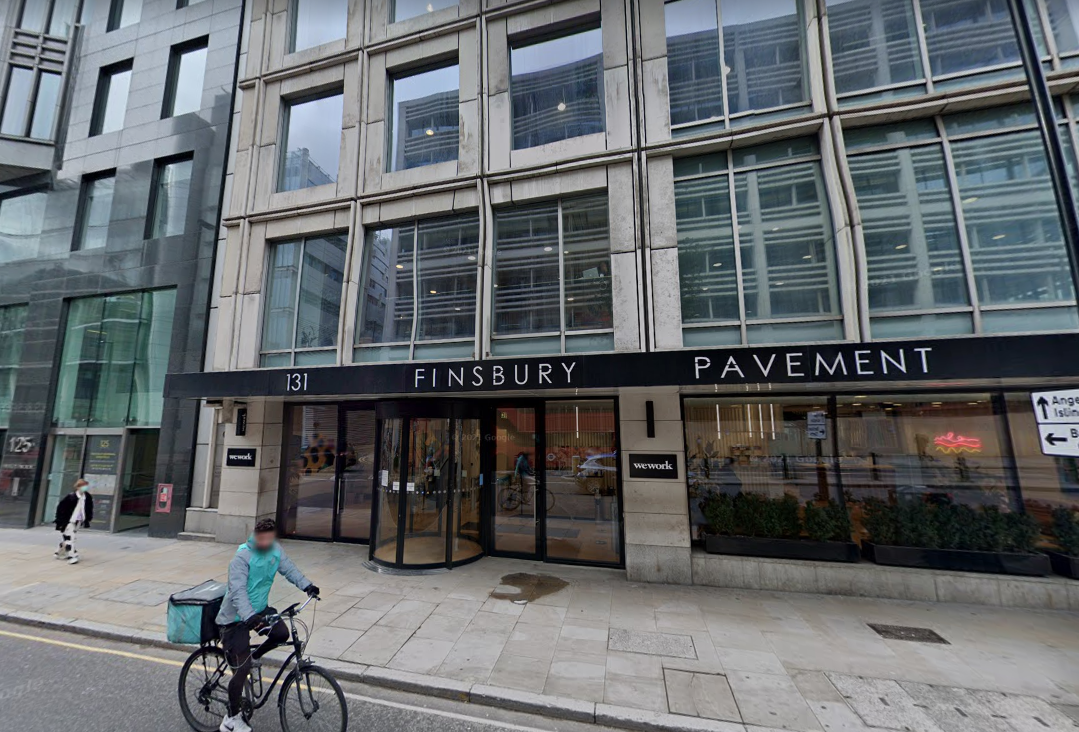UK: The UK government has unveiled an “unprecedented” support package that will place a cap on wholesale energy bills for businesses from 1 October, initially over a six-month period.
The Government Energy Bill Relief Scheme, announced today by new business secretary Jacob Rees-Mogg, is set to bring support to households, businesses and voluntary and public sector organisations in England, Scotland and Wales [a parallel scheme will run in Northern Ireland] that are facing soaring energy bills in the wake of Russia’s invasion of Ukraine earlier this year and Gazprom’s indefinite closure of the key Nord Stream 1 pipeline to Europe.
Likewise, hospitals, schools, charities and community venues are all set to be covered by the support package in the shape of a discount on wholesale gas and electricity prices, which could potentially cut some bills by up to 50 per cent over the winter.
It follows Prime Minister Liz Truss‘ announcement earlier this month about the introduction of an “energy price guarantee”, which is designed to limit average annual household bills to £2,500 over the next years, though it will apply to the unit cost of energy and bills will depend on how much each household uses in gas and electricity. It was previously feared that the maximum amount for typical household energy use would exceed £3,500 in October and £6,000 by early 2023.
Wholesale prices are expected to be fixed for non-domestic energy customers at £211 per MWh for electricity and £75 per MWh for gas for six months, less than half the wholesale prices that were anticipated this winter.
Furthermore, it is hoped that the scheme – which will undergo a review in three months to determine additional support for “vulnerable businesses” – will stave off the threat of mass bankruptcies and job losses across a host of industries. Some details surrounding the scheme remain unclear, including which sectors would be included in the three-month review.
The discount will automatically be applied to bills and savings in November so firms will not need to contact their suppliers beforehand.
The scheme itself will apply to fixed contracts agreed on or after 1 April 2022, as well as variable and flexible tariffs and contracts, and to energy usage from 1 October 2022 to 31 March 2023.
The Prime Minister said that her government recognised the “huge pressure businesses, charities and public sector organisations are facing with their energy bills”, adding that the new scheme would help to “ensure greater energy security for us all”.
As opposed to households, businesses are not covered by an energy price cap [i.e. the maximum amount a supplier can charge per unit of energy] and have seen their non-domestic bills climb even higher as a result.
Chancellor Kwasi Kwarteng said: “We have stepped in to stop businesses collapsing, protect jobs, and limit inflation. And with our plans to boost home-grown energy supply, we will bring security to the sector, growth to the economy and secure a better deal for consumers.”
Rees-Mogg said: “The help we are already putting in place will save families money off their bills, and the government’s plans for businesses, charities and public sector organisations will give them the equivalent level of support. This, alongside the measures we are taking to boost the amount of domestic energy we produce to improve both energy security and supply, will increase growth, protect jobs and support families with their cost of living this winter.”
Speaking on behalf of the hospitality sector, UKHospitality CEO Kate Nicholls said: “We are relieved that the government has listened to the representations that UKHospitality has stridently delivered, relating to the problems that the sector is experiencing with energy suppliers. This intervention is unprecedented and extremely appreciated as we head into an uncertain winter with numerous challenges on many fronts.
“The inclusiveness of the supports announced today – covering businesses small and large – will be extremely beneficial to the sector. A sector that provides a huge number of jobs, many of which are now more secure.
“The government – and the Prime Minister herself, in her comments in New York yesterday – has singled out the vulnerability that energy costs are inflicting on the hospitality sector. Today’s announcement will give businesses some confidence to plan for immediate survival but we will not relent in our pursuit of a more comprehensive package to safeguard businesses and jobs.
“The levers of reduced VAT and business rates reliefs are still available to the government, and there must also be a comprehensive package to ensure that there is no cliff edge when these measures fall away,” she added.
In contrast, some experts say that the business price cap is only a short-term solution that does not go far enough.
Gregory Dewerpe, founder and chief investment officer of A/O PropTech, a proptech venture capitalist which invests in scale-ups aiming to make real estate more sustainable, said: “If energy bills continue to rise as expected beyond today’s six-month announcement, one in seven businesses may either close down or have to downsize. The economic damage this would cause includes insolvencies, wreaking further havoc on supply chains, SMEs and sectors with thin profit margins such as retail and hospitality.
“Businesses cannot hope to invest and grow as they – and the government – wants in the face of such uncertainty.
“Action is needed by the government to avoid further hollowing out of high streets, which would have a detrimental effect on the quality of life in our towns and cities. We must face facts: short-term measures merely kick the can down the road.
“We need the government to commit to long-term incentives for retrofit in Friday’s mini-budget for both homes and businesses, who, given rampant inflation, need all the support they can get right now,” he added.
More announcements are expected over the coming days as the government prepares to lay out its spending plans as part of a “mini-Budget” on Friday. A series of tax reviews are set to be announced, while it is also anticipated that stamp duty will be cut.








